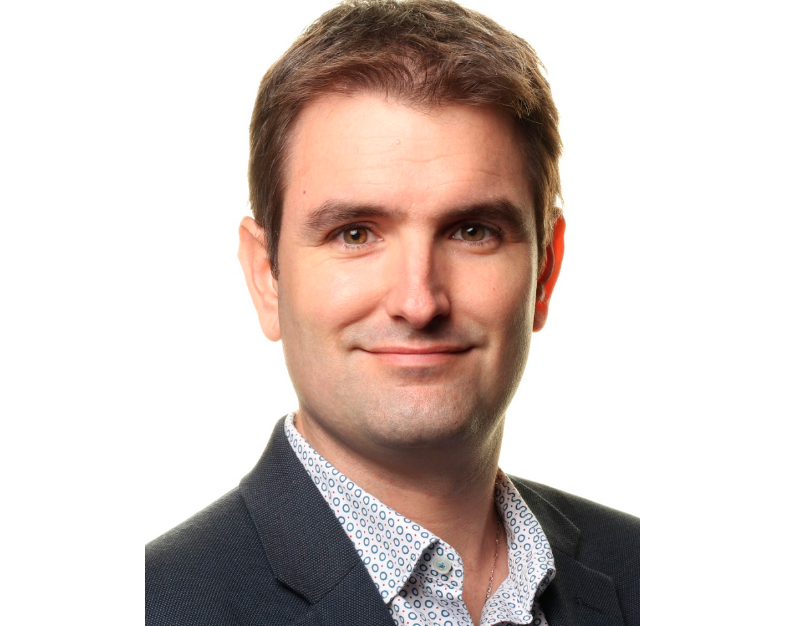Dr. José Javier Fuster receives a Leonardo Scholarship 2019
The project aims to study how certain mutations acquired in blood cells and traditionally associated with a high risk of developing leukemia can also contribute to the development of cardiovascular disease and become a new and independent cardiovascular risk factor to classical factors
The project 'Somatic mutations and clonal hematopoiesis in Atherosclerotic Cardiovascular Disease' by Dr. José Javier Fuster, from the National Center for Cardiovascular Research (CNIC), has been one of the 60 projects that have obtained one of the Leonardo Scholarships to Researchers and Cultural Creators 2019. The project aims to study how certain mutations acquired in blood cells and traditionally associated with a high risk of developing leukemia can also contribute to the development of cardiovascular disease and become a new and independent cardiovascular risk factor to classical factors such as cholesterol, diet, hypertension, etc.
Every day, the body generates 200,000 million blood cells, the equivalent of the cells present in approximately 100 human hearts. This high rate of cell proliferation necessary to generate blood cells implies that errors occur in the maintenance of DNA, which lead to the acquisition of mutations. Most of these mutations have no effect, but some provide a competitive advantage to the mutant cell, which leads to its expansion in the blood cell population. This process, which is called clonal hematopoiesis, has been known for many years, and it is known to be an essential part of the process of developing blood cancers, such as leukemia. However, we now know that it is more frequent than expected and that it occurs in many apparently healthy elderly individuals who will never actually develop cancer.
Recently it has been suggested that some of these mutations in blood cells may also contribute to the development of cardiovascular disease and, in fact, be a completely new cardiovascular risk factor. In this sense, one of the objectives of this project is to determine which specific mutations may have a role in the development of cardiovascular disease.
Specifically, the project funded by the BBVA Foundation with 40,000 euros will allow José Javier Fuster´s group to study a mutation in the p53 gene, the famous guardian of the genome, and understand if it contributes to cardiovascular disease and, if so, why. To do this, "we will generate mice that carry a small number of blood cells that carry this mutation and study its effects on the cardiovascular system and the development of atherosclerosis, the ultimate cause of most heart attacks and strokes."
One of the objectives of this project is to determine which specific mutations may have a role in the development of cardiovascular disease
The research will also serve to expand on the possible causes that lead approximately 10% of people treated optimally with current drugs for the prevention of cardiovascular disease to suffer heart attacks. "We believe that the phenomenon of clonal hematopoiesis could help explain this cardiovascular risk that remains despite an optimal treatment of the traditional risk factors. Also, taking into account that clonal hematopoiesis is a totally different and independent risk factor from the traditional ones (cholesterol, hypertension, etc.), and works through a different mechanism, new therapies or strategies for prevention of cardiovascular disease could be designed,” points out Dr. Fuster.
Finally, the project can help to understand how to prevent the effects of these mutations, since today there are already techniques to detect them. This knowledge would be important to design personalized prevention or treatment strategies, specifically aimed at the effects of each mutation, which could be relevant both in the context of cardiovascular disease and in the context of blood cancers, such as leukemia.
The scholarships have been awarded in 11 areas: Basic Sciences; Biology, Environmental and Earth Sciences; Biomedicine; Information and Communication Technologies; Engineering and Architecture; Economics and Social Sciences; Communication and Information Sciences; Humanities; Visual Arts and Digital Art; Music and Opera; and Literary Creation and Theater.











